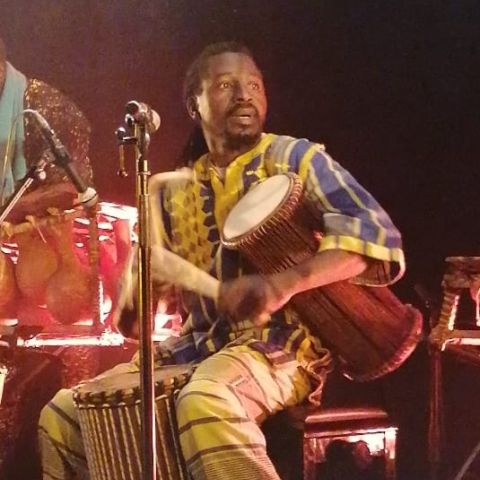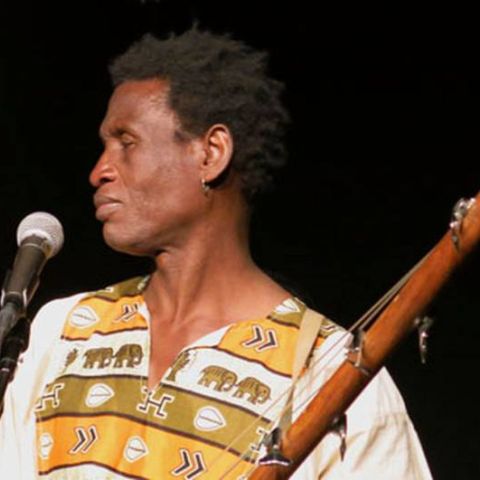The band
Their ability to expand their music without denying their traditional instruments has enabled them to experience new forms and record with musicians such as Jon Hassell, the Rolling Stones, Ryuichi Sakamato, Daniel Lanois, Billy Cobham, Joji Hirota…they played several times at the Montreux Jazz Festival, and for 72 000 listeners at the famous Nelson Mandela’s birthday concert in the London Wembley Stadium.
Their music interweaves complex and forceful rhythms and is carried by the melodic lines of balafons, flute and koras. The songs are played on traditional instruments while their lyrics deal with present issues of African realities in a critical though hopeful way.
But they stayed faithful to their own track. So while integrating new orchestral forms and melodies, and adding contemporary sounds (guitar and keyboard), the balafons, koras, flute, djembes, tama, and baras still remain the core and hearth of their music.Last but not least, the arrival of a female voice introduces a new colour to this up till now male only ensemble.
During their odyssey of 30 years the group naturally faced some changes. Thus, its founder Mahama Konaté left the group in 1991. Others came and went and still others died. New and younger musicians have joined the group. All came in through the so called “Farafina School” which continues the African tradition of having the children, from their youngest ages on, attend the concerts of their elders and trying to repeat the music they hear all day long.
In this way an astonishing and remarkable musical continuity is guaranteed. Farafina creates a subtle music that is sensitive and ardent at the same time. It draws your body and mind into discovering not only the African life but a universal life nourished with rhythms leading all the way to the roots of jazz.
Reinvented by encounters with modernity, Manding influences, the music of Burkina Faso’s neighboring countries, the melodies of the people of Mali, Niger and the legends of Kong and the chants and drums of Ghana and Benin, all contribute to the richness of Farafina’s s work.
Artists
Born in 1956, in Bobo-Dioulasso, Burkina-Faso, Souleymane Sanou aka “Mani” has been a FARAFINA percussionist, dancer, and singer since 1986./p>
His first profession was that of tailor, and he lived for several years in Abidjan, Ivory Coast. After his return to Bobo-Dioulasso in 1976, Mani met the famous balafon player Mahama Konaté in a traditional tavern that was well-known as much for its live music as its millet beer./p>
He was so touched by Konaté’s music that he dropped his tailor business and followed him. At the time, he was playing mostly for traditional ceremonies. When the group FARAFINA was founded in 1978, Mani designed and created the musicians’ costumes. At around the same time, Mani joined Dodje, a dance company, and won First Prize at a “national week of culture” event in 1984./p>
Seeing his success, Mahama Konaté invited Mani to help found a second group of young artists, YELEEMBA, a large band of 25 dancers and musicians, all young and talented.
In 1986, he joined FARAFINA as a dancer and percussionist (doumdoum and bass kora)./p>
In 1991, Mahama Konaté left FARAFINA and appointed Mani as head of the band./p>
Subsequently, and even more so since Mahama Konaté’s death in 2010, Mani has become the proud pillar of FARAFINA’s spirit and repertoire.
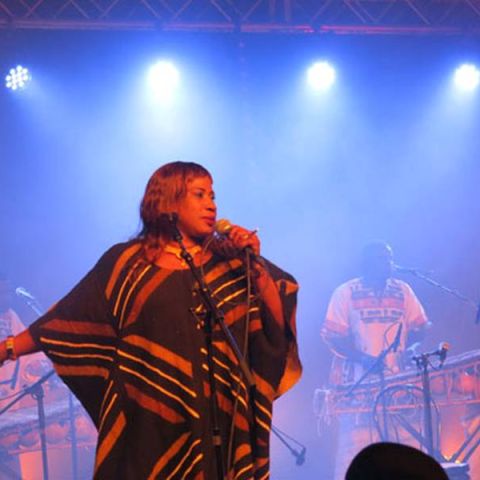
Fatoumata DEMBELE
Born in 1972, in Bobo-Dioulasso, Burkina-Faso, Fatoumata Dembele is the daughter of a griot and was raised in a griot’s family She inherited the griot poet-messenger-musician tradition by accompanying her mother in ritual ceremonies. Her father was a balafon maker and player.
At the age of 25, she became a griot in the ceremonies and ritual celebrations, accompanied by musicians playing the djembe as well as electric orchestra instruments.
In 1998, she took part in a music festival in Bobo-Dioulasso. After her performance, she was invited to join FARAFINA. She sings, dances, and plays small percussion instruments. Her joining the group has contributed to the expansion of its repertoire.
BaKari Traore
Balafon solo – Percussion – Cora solo – Voice solo
Coming from the Farafina junior training (Farafina school in Bolomakoté – Burkina-Faso), Bakari joined the International FARAFINA group in 1993.
Student of master balafonist Mahama Konaté (creator of FARAFINA) Bakari has become a virtuoso of the solo balafon.
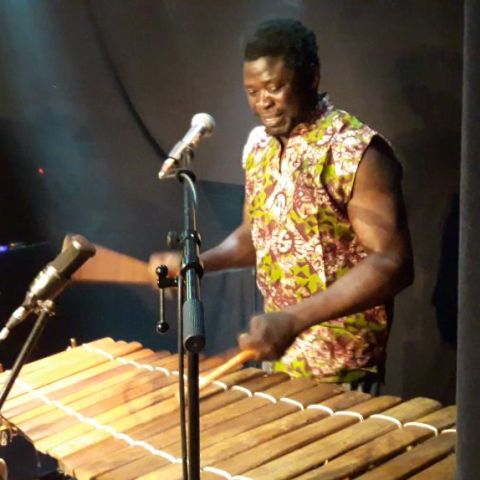
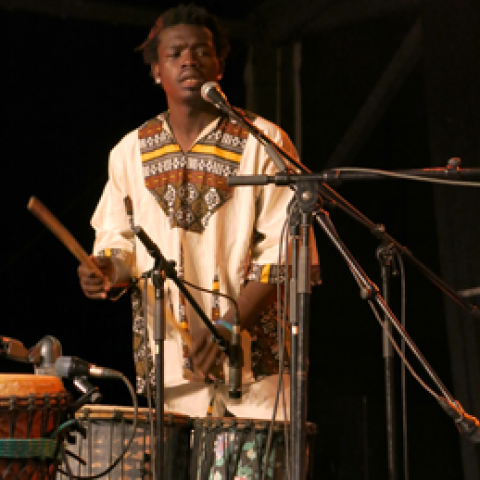
Lamoussa SANOU
Innocent Kimpe
Balafon – Djembe – Goni – Solo voice & choir voice
Born in 1978, in Bobo-Dioulasso, Moussa represents the backbone of FARAFINA thanks to his kora. He is a complete and well-rounded artist. He is not only an excellent musician, but also an actor. He has performed in BLACK HAMLET, under artistic director Otto Hubert, and in Germano-Swiss co-productions (through Pro-Helvetia).
In 1998 Désiré Somé, director of the dance group FARAFINA YELEEMBA and the Italian artists of KORON TLE gave substance to their extraordinary collaboration by creating the SIRABA association, a craft and artistic training center in Bobo-Dioulasso.
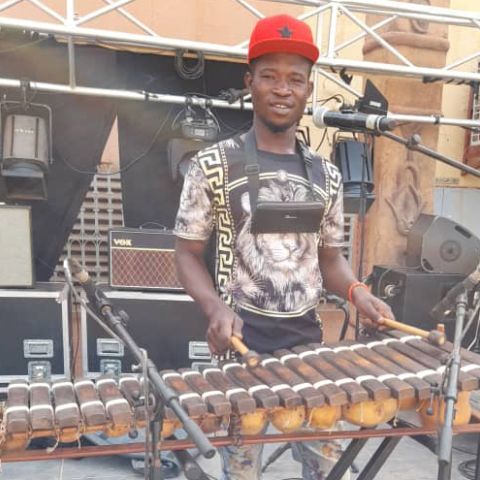
Sibiri SANOU
Barra – Doumdoum – Dance – Choir voice
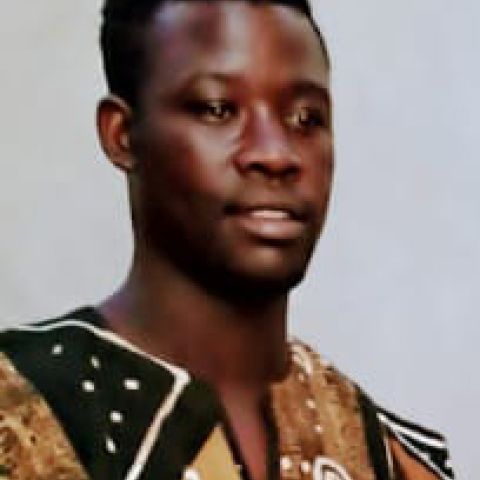
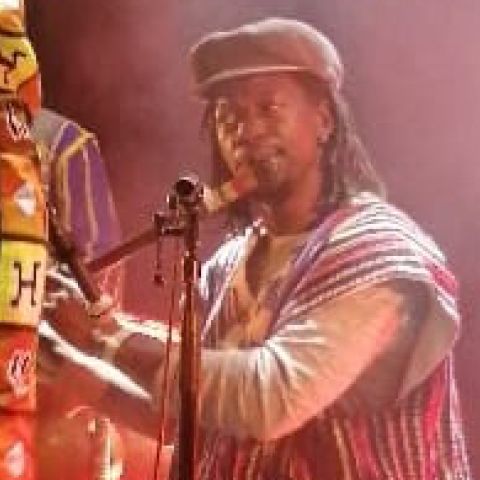
Dedou Sanogo
Flute – Balafon – Djembe – Choir voice
Son of a griot, born in Burkina-Faso, Dedou Sanogo plays and teaches the balafon and djembe. He plays with several troupes from Burkina-Faso such as: Makossa, Sabougnouman, and Dubaden. In 2015, he came to Switzerland and took part in various festivals.
In 2021, he joined the International FARAFINA group.
Ibrahim Diarra
Born into a family of griots in 1978, Ibrahim practices music and the manufacture of traditional instruments. As soon as he arrived in Europe in 2015, he offered “concert cafés”, alone on stage with his traditional instruments.
A versatile musician, he joined the International group FARAFINA in 2020.
